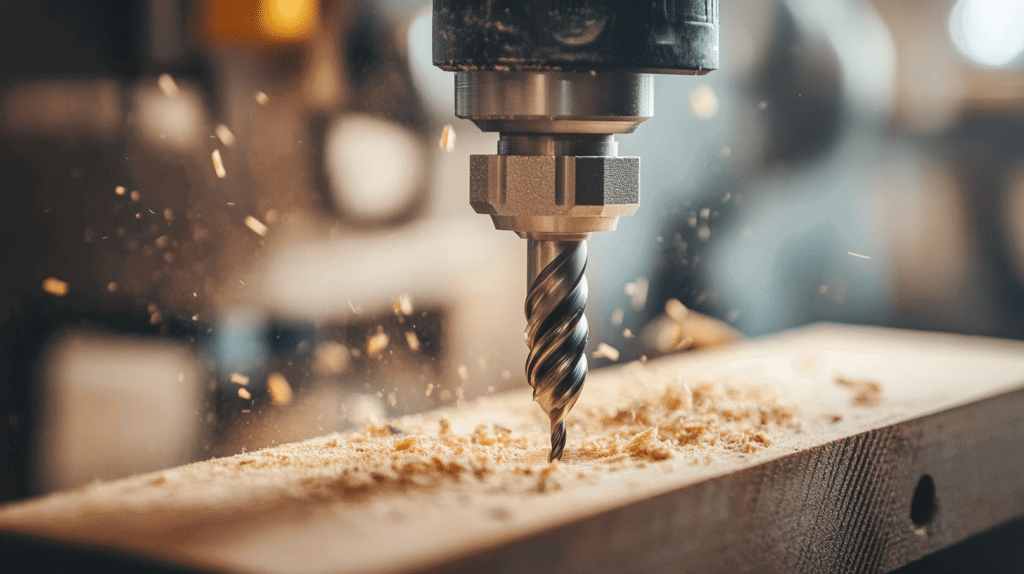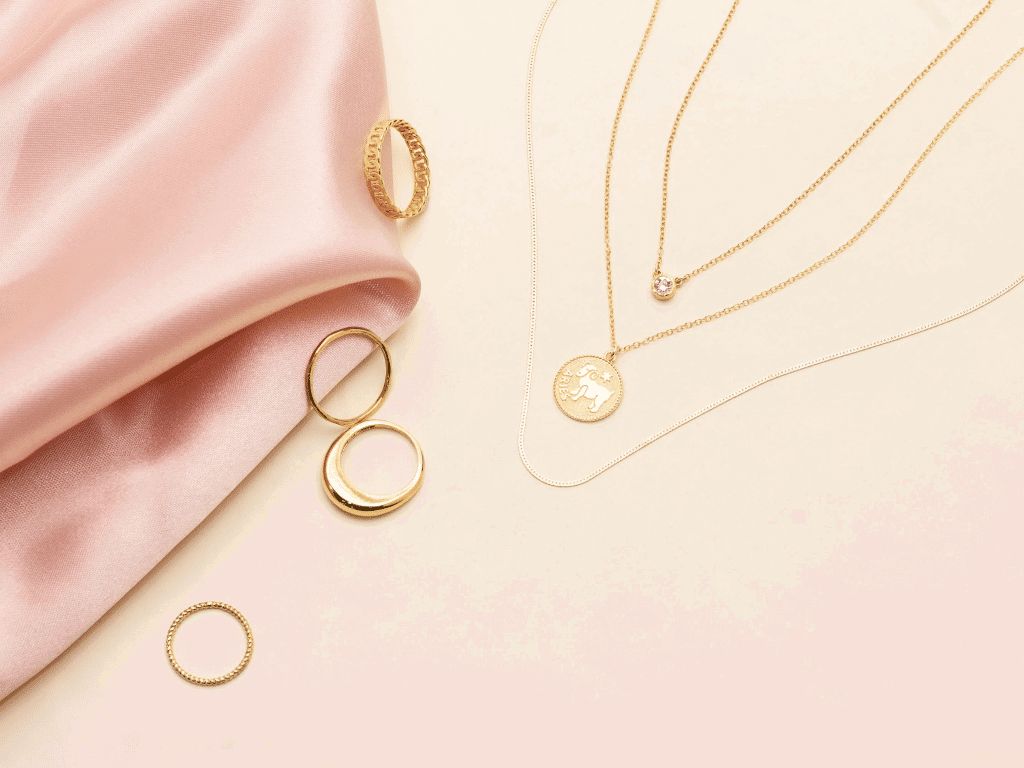When tackling home projects in Australia, having the right tools and drill bits are no exception. Whether hanging picture frames, installing shelves, or doing light carpentry work, using the correct drill bit will save you time and effort and prevent potential damage to your materials.
With so many options on the market, choosing the right drill bits can seem overwhelming, but this guide will walk you through the key factors to consider when you buy drill bits in Australia.
Understand the Different Types of Drill Bits
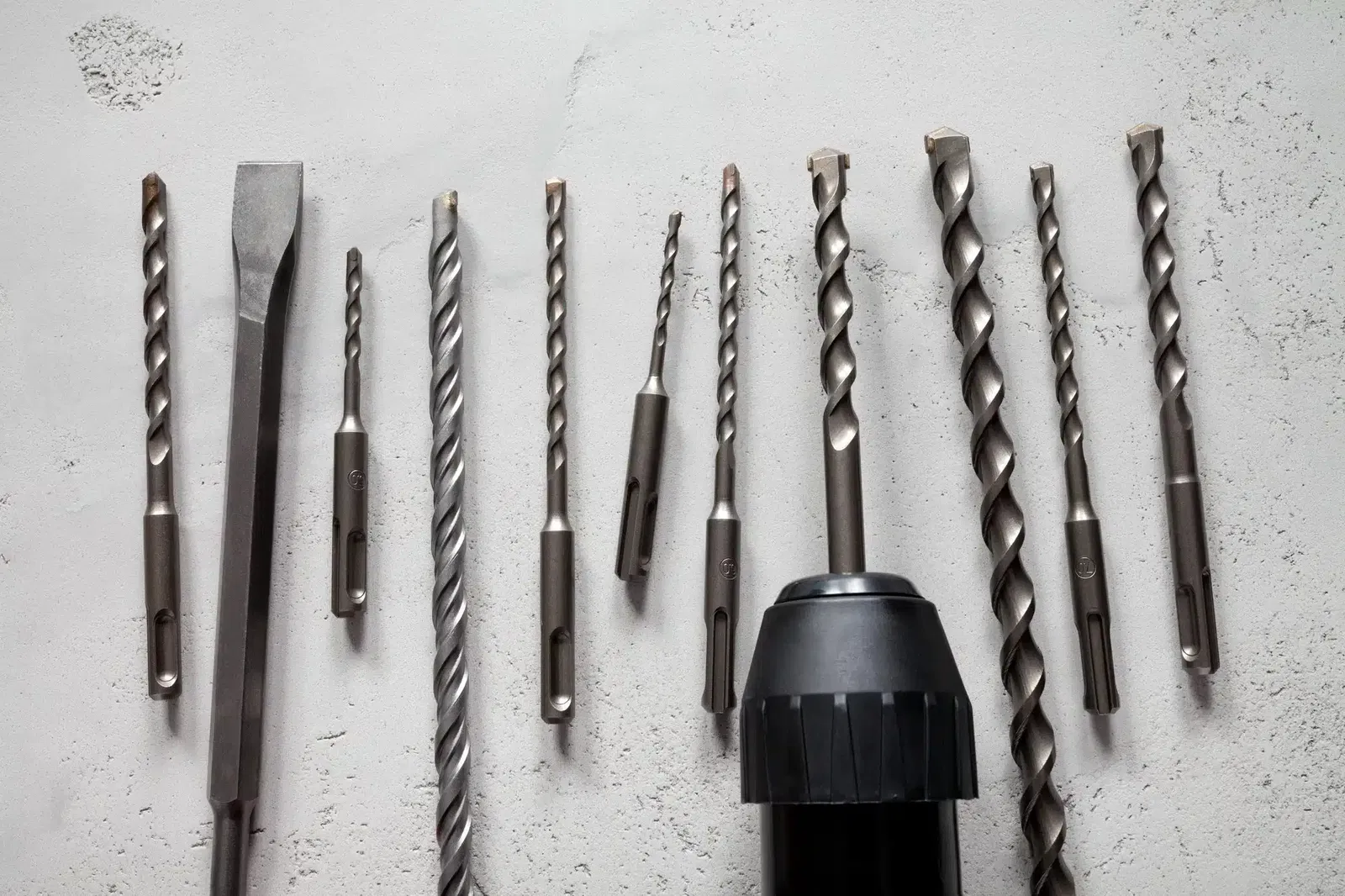
The first step in selecting the right drill bits for your home project is understanding the types available. Different bits are designed for specific materials and tasks; using the right one can lead to better results or damage your tools.
Here are some common types of drill bits you might need for your home projects:
- Twist Bits: These are the most common and versatile drill bits. They are great for drilling into wood, plastic, and light metals. If you’re a DIY enthusiast, twist bits are a must-have for general home maintenance.
- Brad Point Bits: Ideal for wood projects, brad point bits offer greater precision. Their pointed tip keeps the bit from slipping, making it easier to drill exact holes in timber.
- Masonry Bits: Masonry bits are essential if you’re working with brick, concrete, or stone. These have a carbide tip designed to drill through tough materials like masonry. Be sure to use them with a hammer drill for best results.
- Spade Bits: These are used for drilling larger holes in wood. They are flat, paddle-like and perfect for projects like running electrical wiring or plumbing through wooden studs.
- Tile or Glass Bits: For delicate materials like tiles or glass, you’ll need a bit with a special carbide or diamond tip. These bits are designed to prevent cracking or shattering.
Match the Bit to the Material
Different materials require different types of drill bits. For example:
- Wood: For wood, twist bits and brad point bits are your best options. For larger holes, consider using spade bits.
- Metal: If you’re drilling through metal, high-speed steel (HSS) bits or cobalt bits will give you the durability and cutting power you need.
- Concrete or Brick: Masonry bits should be your go-to when working with concrete, brick, or stone. They’re typically used with a hammer drill for more efficiency.
- Tiles and Glass: When drilling through tiles or glass, use a low-speed setting and keep the surface cool with water or lubricant to prevent cracks.
Consider the Drill Bit Size
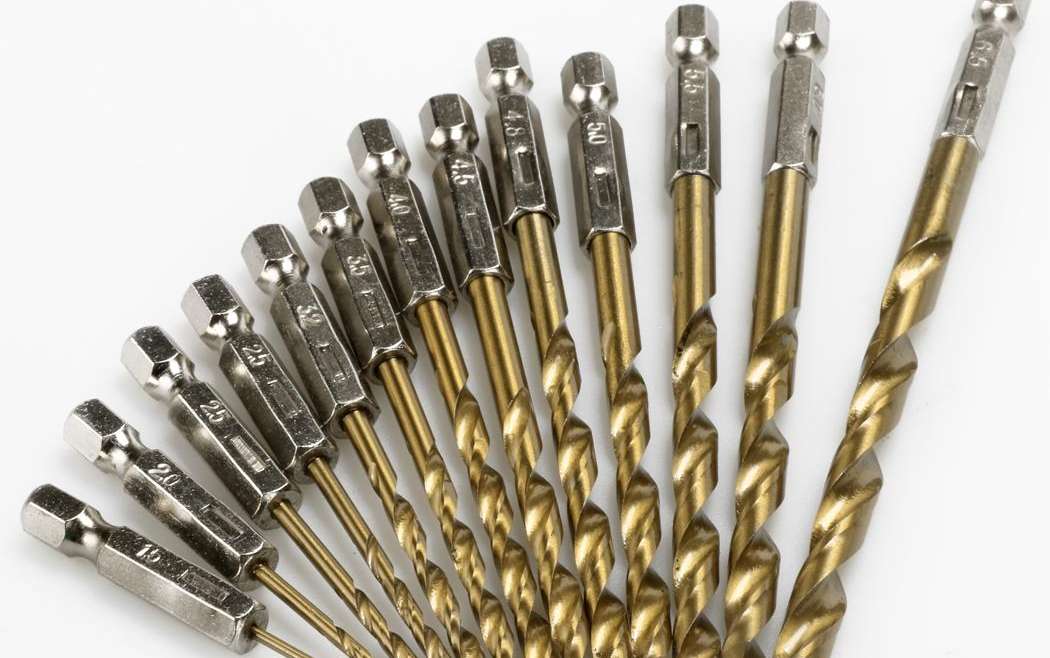
The hole size you want to drill is a crucial factor in choosing the right drill bit. Drill bits come in various diameters, and it’s important to match the size of the bit to the job at hand. For instance:
- Small Holes: Twist bits ranging from 1mm to 10mm are great for general purposes, such as hanging pictures or assembling furniture.
- Larger Holes: If you’re looking to drill larger holes, spade bits or hole saws are ideal, especially for wood projects.
Before starting your project, measure the hole size you need, and select a drill bit that matches your requirements.
Check the Compatibility with Your Drill
Not all drill bits are compatible with every drill. Check whether the bit you’re purchasing suits your drill’s chuck size (the part that holds the bit). Some drills have chucks compatible with different shank types, including hex, round, or SDS shanks. If you’re using a specialized drill like a hammer drill, ensure your bits are rated for such use.
Opt for High-Quality Materials
Drill bits are made from different materials, and their quality can greatly affect their performance and longevity. Here are the most common materials:
- High-Speed Steel (HSS): These versatile and durable bits can handle a variety of materials, such as wood and metal. They’re ideal for most home projects.
- Cobalt Bits: Cobalt bits are known for their heat resistance and are ideal for drilling through harder metals like stainless steel.
- Carbide-Tipped Bits: These are tough and designed for drilling through hard materials like masonry, tiles, and glass. They offer superior durability but can be more expensive.
Investing in higher-quality drill bits may cost a little more upfront, but they’ll last longer and deliver better results over time.
Consider a Drill Bit Set
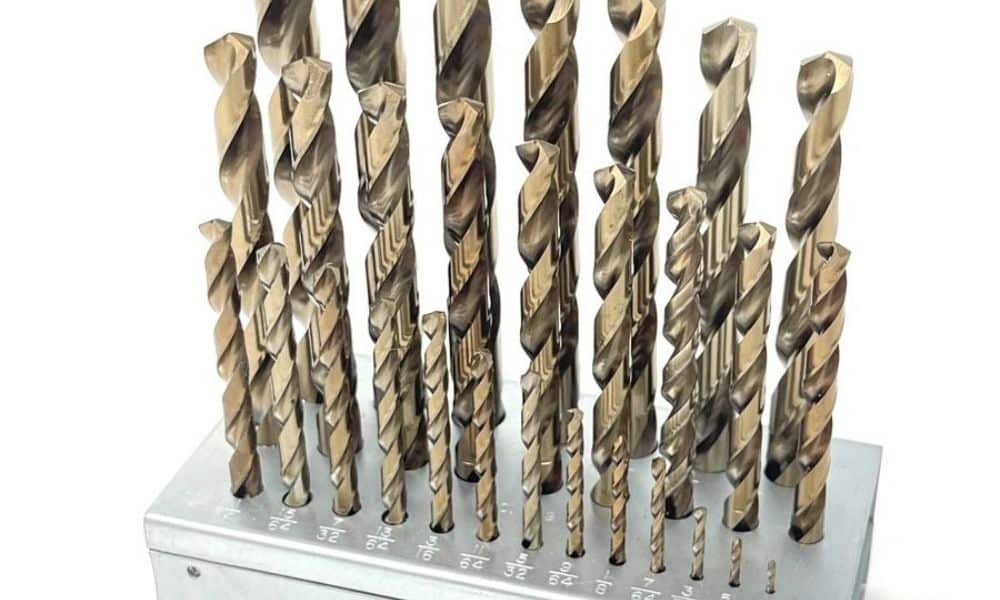
A drill bit set might be practical if you frequently work on different projects. These sets typically come with various bits in different sizes and types, allowing you to tackle multiple tasks without buying individual bits. For most DIY projects around the home, a basic set that includes wood, metal, and masonry bits should cover your needs.
Final Thoughts
Choosing the right drill bits for your Australian home projects doesn’t have to be difficult. By considering the bit’s material, size, and quality and ensuring compatibility with your drill, you can ensure your project goes smoothly. Having the right tools will save you time and effort and ensure that your DIY projects are completed professionally.


